By: Eric Nelson Posted on Thu, 05-10-2023

People often keep looking about how to become a medical translator. Medical translation is a challenging role and complex as compared to other domains of translation services. As it involves a high level of risks and errors it gets tough for the translators to translate the medical content. Medical translation is an extremely specialized area of activity that requires translators to be vigilant and active so that there are no mistakes.
Medical translation is a dense and complex job. It asks for a vigilant and active mind who can consider all the basic factors before he indulges in translation. However, a few basic traits that are inevitable for it are:

Language proficiency is the first and foremost thing. For a translator, it is important that he is at least bilingual and proficient in more than 1 language. So, that he can pull off the process of translation from one language to another language well. As the Labor Bureau of Statistics suggests a translator is a bilingual person who converts content from one language to another.
In order to become eligible for a medical translator and to offer medical translator services, a high school diploma is a must-have. However, having a relevant full-time degree or medical assistant program is a plus and even more beneficial and a high school diploma is the least degree that is expected from medical translators.
Along with being bilingual the knowledge of medical terminology is another must. A lot of translation companies and even people who outsource the projects to medical companies look for a certified medical translator and for that purpose, one might need certification from the National Board of Certification for Medical Interpreters (CMI) before becoming a professional medical translator.
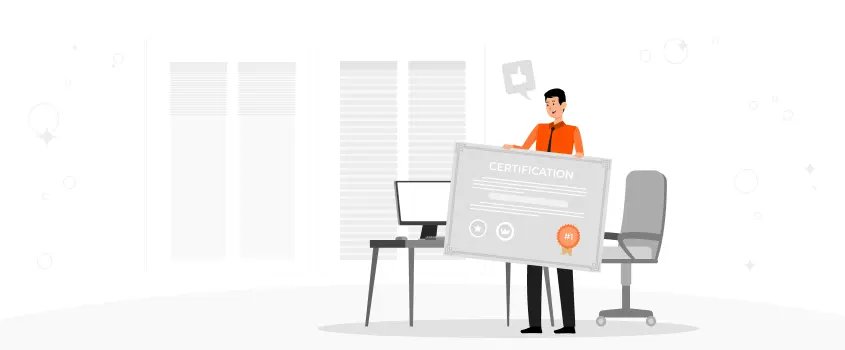
For certification in some more common and high-in-demand languages such as Chinese, Spanish, Russian, or Korean from the National Board for Certified Medical Interpreters, you need to pass the exam. The candidate:
As per the Certification Commission for Healthcare Interpreters, once you pass the written exam, you can get a certification in some of the less commonly used languages.
In order to get the certification, the applicant:
If you want to become a certified healthcare interpreter, you need to pass this exam. It’s computer-based and includes multiple-choice questions covering the fundamentals of healthcare interpretation.
Want to know more about their certification? It’s better to contact CCHI and get their handbook of examination for better understanding.
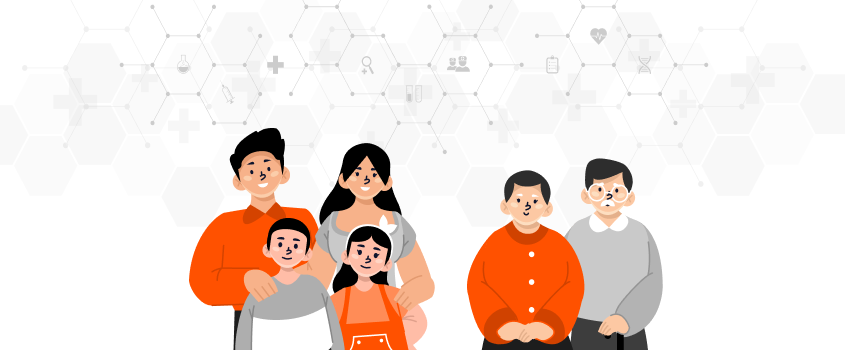
Medical translation comes with certain responsibilities and translators should understand how medical translation requires translating a lot of medical text and it is not possible for an individual to do it all. A beginner who aims to be a medical translator should go for this niche and should specialize in this category.
The new translators can start by trying their hands on product information leaflets or SmPCs which is a summary of product characteristics. Starting with these offers a lot of experience and helps to master this category. The first thing, however, is to process the approval in the target countries.
A certified medical translator is one who not only is bilingual but also has a good grip on the glossary and terminology. They should invest in good medical translation books and the content of their language pair. They also need to be updated and well aware of the fact of laws related to the medical field of the target country and audience. This practice of self-studying improves medical translation skills and makes the translator confident about the work he is doing. It is also wise for translators to get good medical dictionaries so they can consult these whenever needed.
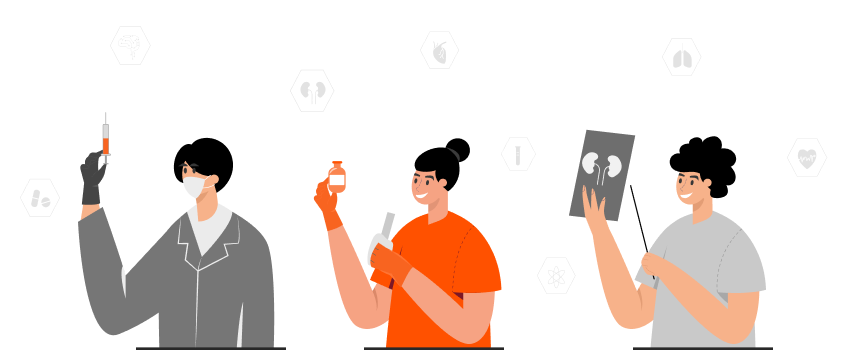
Other than excellent grammar and language skills, medical knowledge is also of foremost importance. It implies the combination of three elements so that one knows which verb goes well with the medical term and the difference between identical items. The translator also needs to be well aware of the workings of the human body.
Teams of medical translators online are also acquired by pharmaceutical companies. In order to hone their medical knowledge translators should also read nursing books that are easier to study and follow. The potential translators can take help from the medical materials as well. A translator should also ensure to bookmark all the excellent online sources as they will be doing a lot of research online and offline as well.
There could be different procedures for becoming a medical translator in different regions. The individuals who intend to be medical translators in the European Union, however, should go for the four approval procedures and should also be mindful of the country’s law and compliance. It is important to be aware of the guidelines. Medical translators work online as well as onsite. Moreover, the European Medicine Agency website is an authentic and good source. The site’s database can be used for practice translation. The content can either be translated into the source language or later downloaded.
Medical translator services are now provided by a lot of hospitals, clinics, and health centers all over the globe. Medical translators once they know their field and are confident about being medical translators are unstoppable. However, they need to be mindful of the responsibilities and intricate details of the translation job. Moreover, they should be updated about medical knowledge and the laws that keep on changing on a regular basis through constant reading and updated knowledge.
Head starting the job as a medical language translator is indeed tough. It is particularly hard and complicated at the start because of the tough nature of the job. Being a medical translator is not going to be easy, however getting subject expertise, fluency in both languages, and experience consistency is the key.
The initial phase is particularly tough in this regard when everyone is looking for an experienced candidate, and you have no experience. During such situations, the individual should always go for volunteer jobs to have some experience. They can work with hospitals, NGOs, and other healthcare centers. In order to build a portfolio, it is imperative to offer the services voluntarily initially make some sacrifices, and not lose patience. Good and right traits need to be developed from the very start. A professional medical translator is one who goes through every single medical term with detailed attention and makes sure he delivers work that is error-free as mistakes and negligences in the medical translation may lead to grave consequences.
Being a medical translator is not an easy task. When it comes to the paper qualification even a high school diploma may work. However, experience and practice are extremely important with the right subject matter expertise. Translators also need to be well aware of the rules and regulations of their target audience and market.

Colorado is said to be one of the best places to do business because the business environment is very friendly
Read More
The global marketplace has become an attractive place for brands and businesses, where they strive to create a presence of
Read More
CAD, or computer-aided design and drafting (CADD), is the use of computer technology for design and design documentation. CAD software
Read More
Many global companies, foreign governments and Iranian are hoping to see an increase in investment in Iran after declaring the
Read More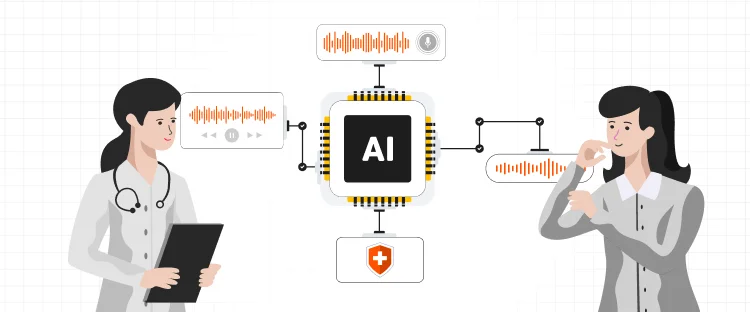
Artificial intelligence has taken a big space in almost every industry. There is also a widespread acceptance that AI is
Read More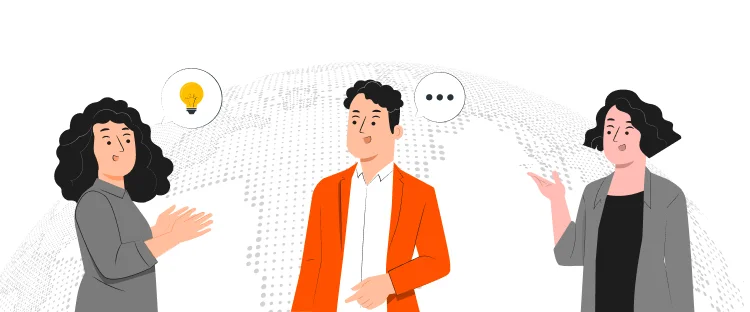
Persuasion is all about manipulating other people behavior. At first it might sound immoral but it doesn’t have to be.
Read More
Now days everyone is searching for good ideas for their company they wanted to be more creative, they wanted to
Read More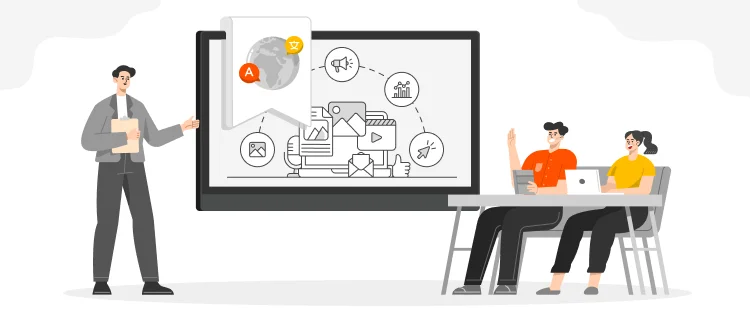
Technology has now much diverse roots in this age of development. Now it is not wrong to say, that you
Read More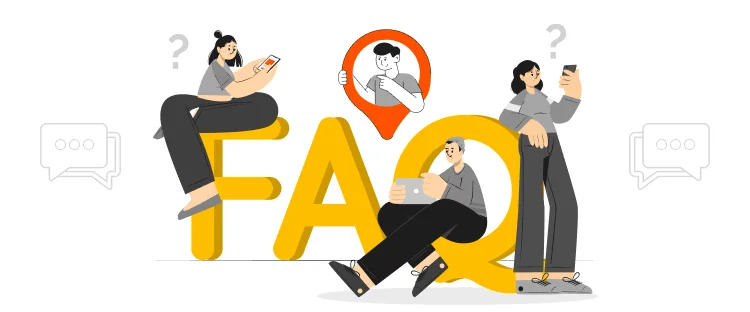
Localization is the practice of altering the functional properties of a product and also its characteristics. This is easily done
Read More


Document Translation
Professional document translation by native expertsApp Localization
Get more downloads by adapting your app for different target marketsVideo Translation
Multilingual translation and subtitling servicesWebsite Localization
Adapt your website into multiple contexts for global reachSoftware Localization
Adapt your software for global usersGame Localization
Reach new players with localized gameplayMTPE
Refine AI translations for natural fluencyBusiness Translation
Professional translation for business documents and websitesDTP & File Conversion
Professional DTP and File conversion, supporting multiple file formatsProofreading
Perfect your content with expert review© Copyright 2025 MarsTranslation